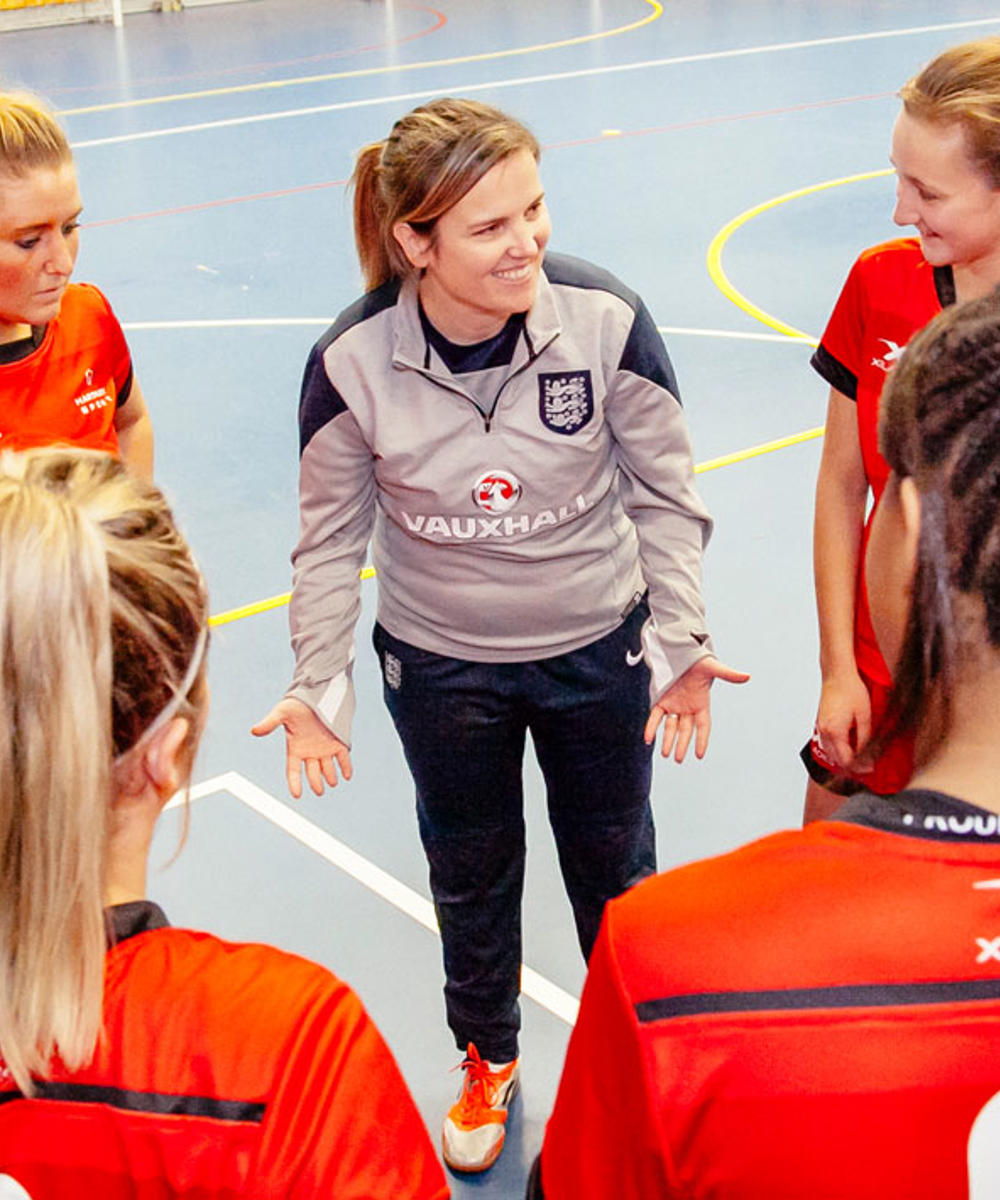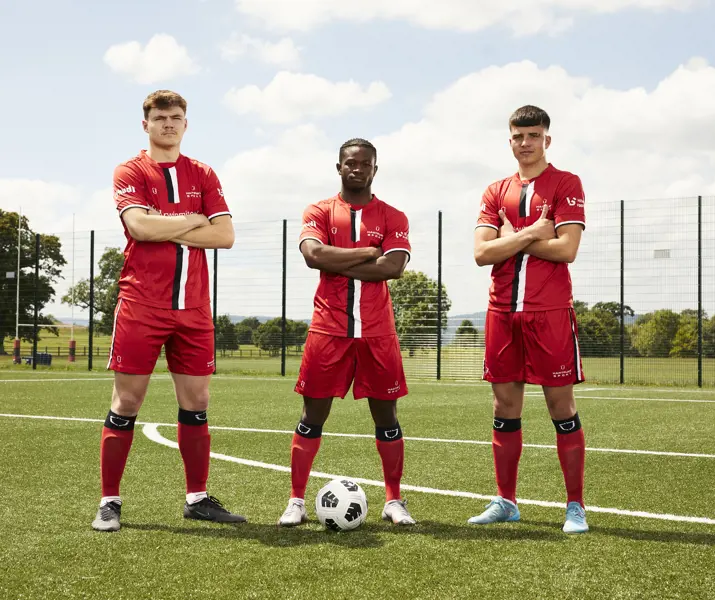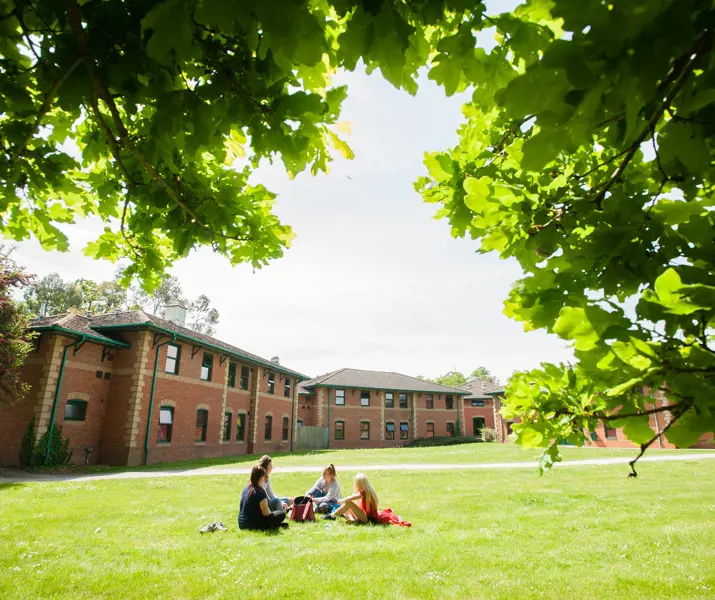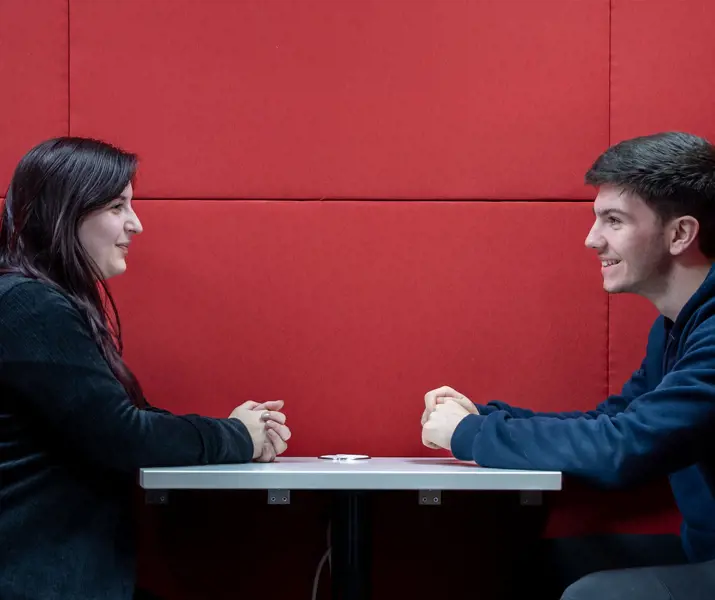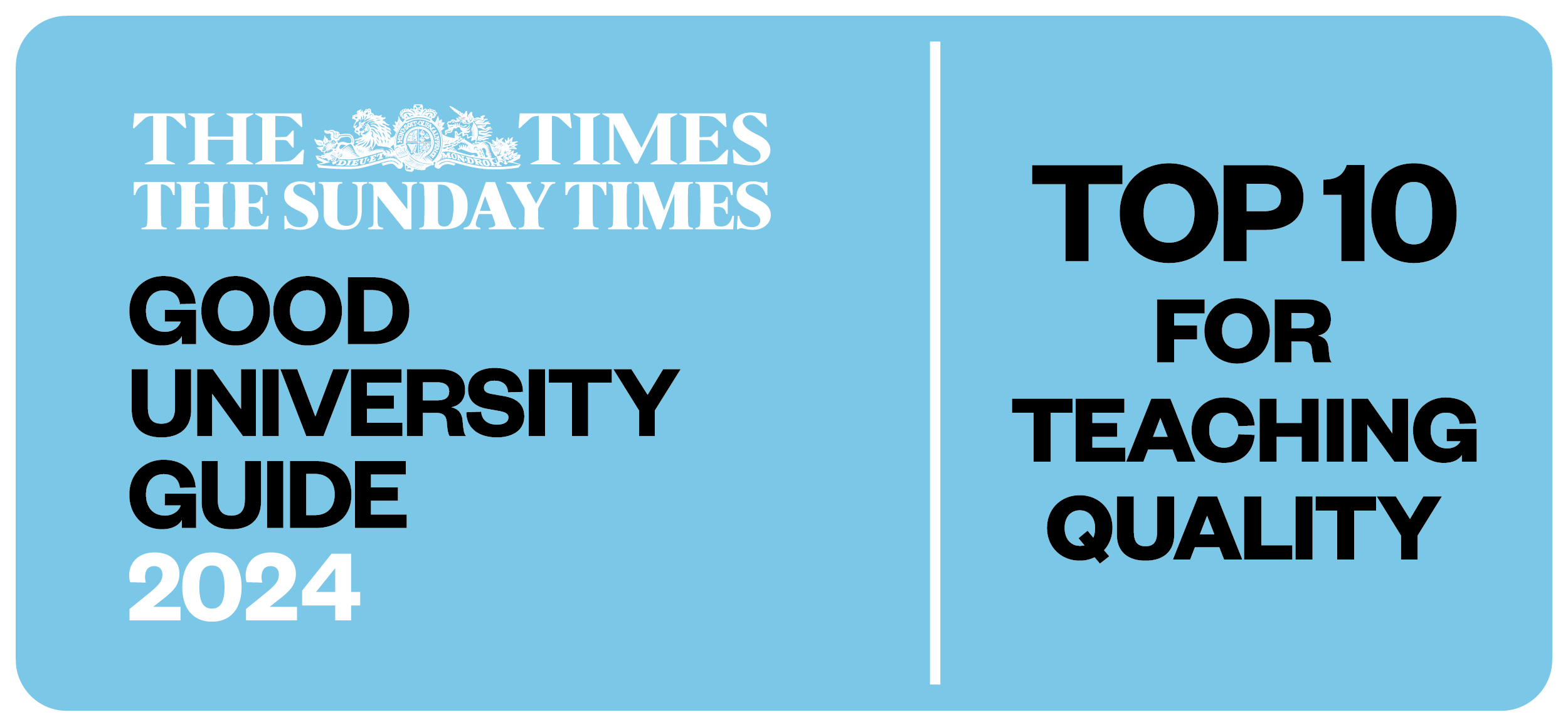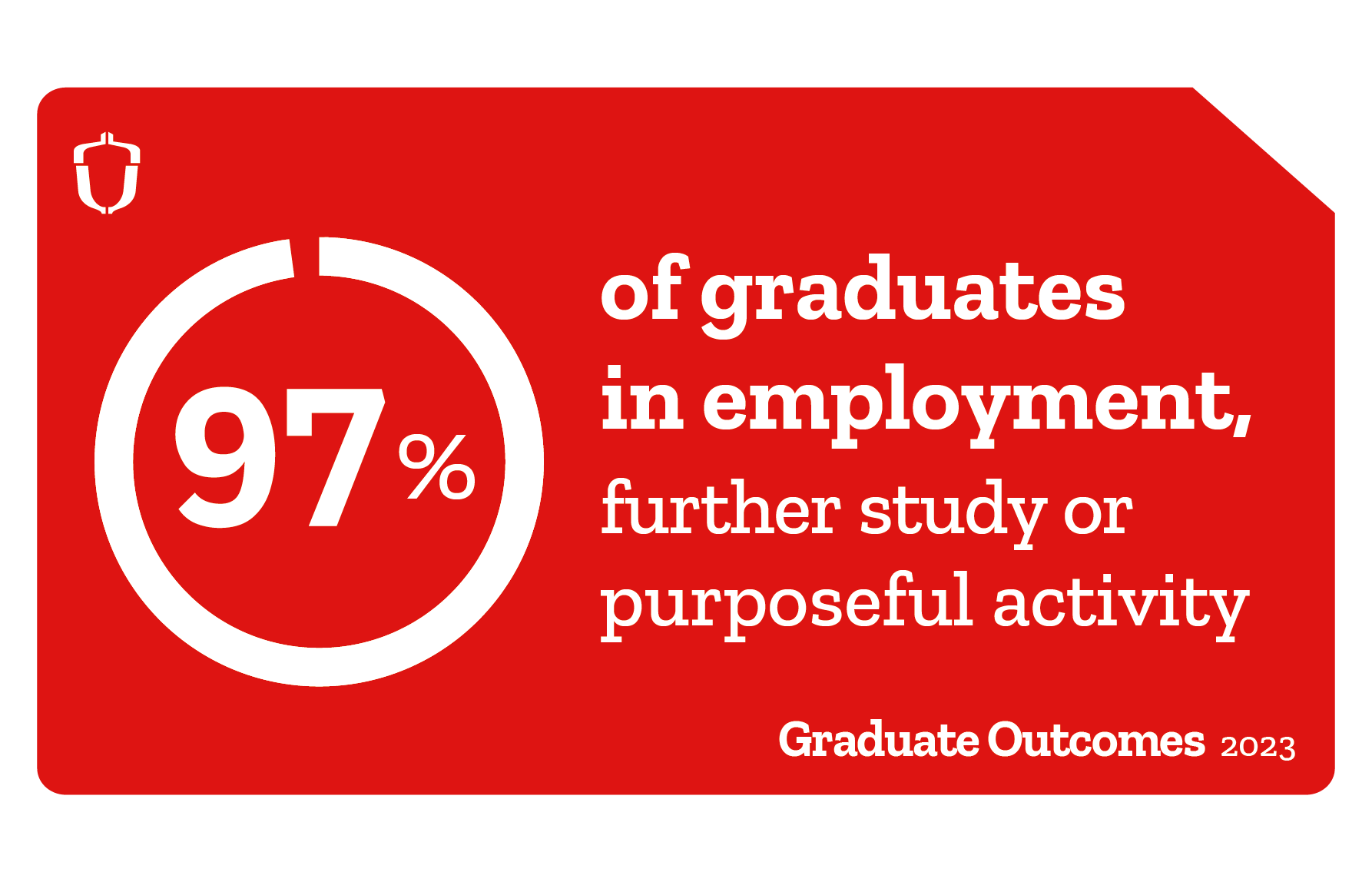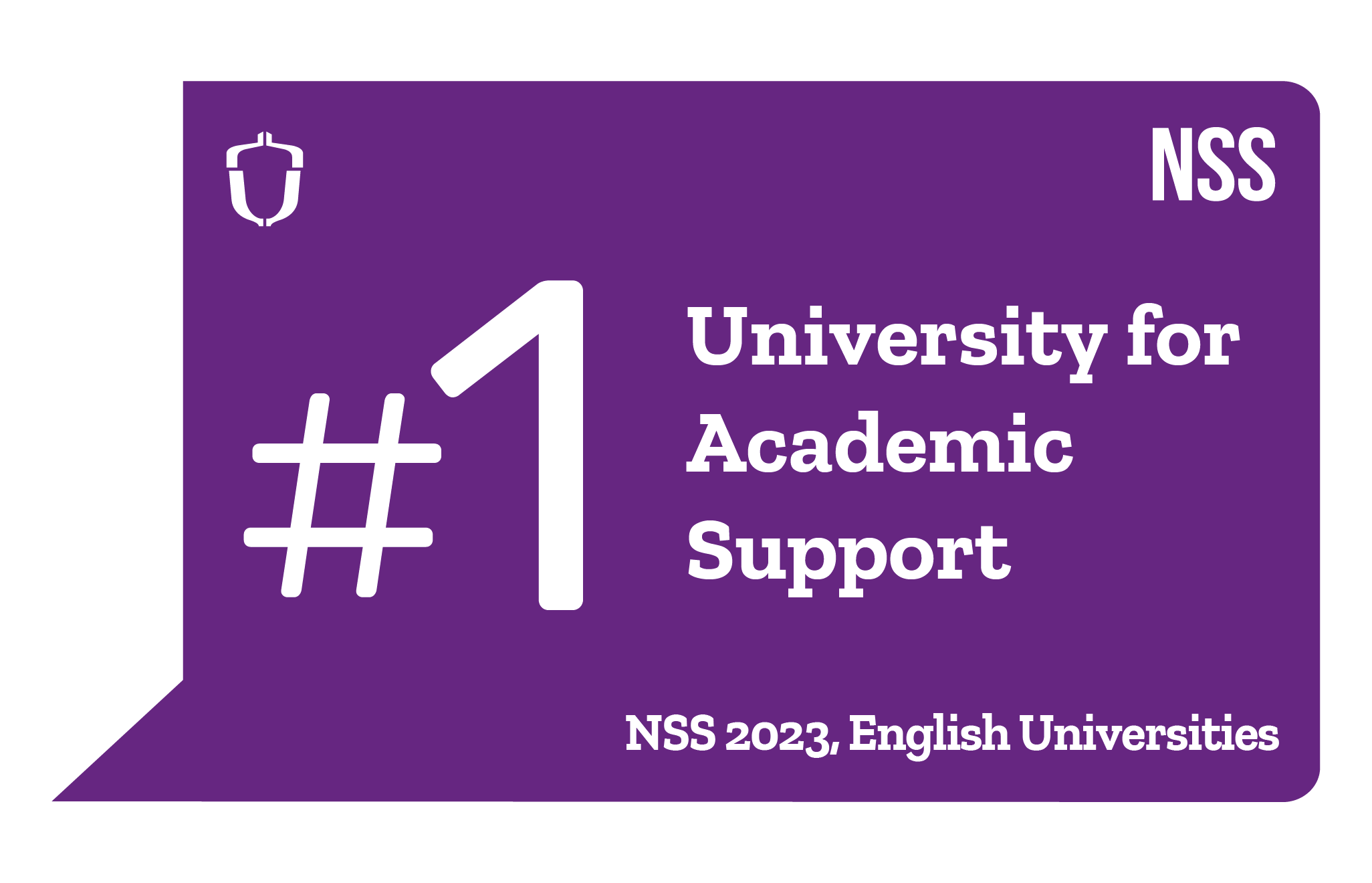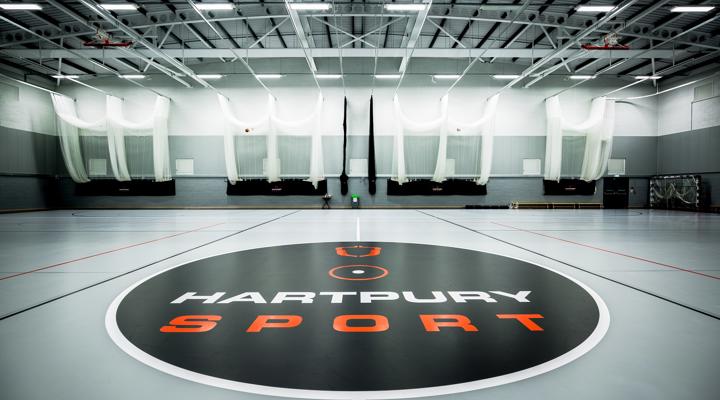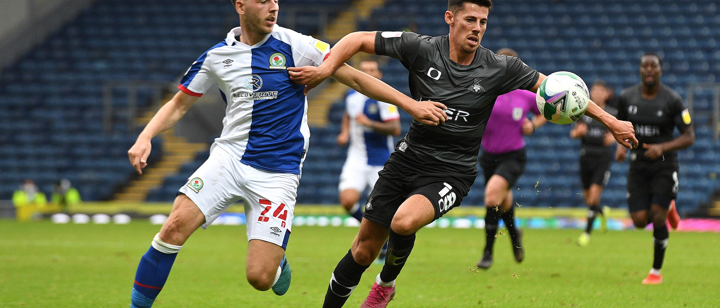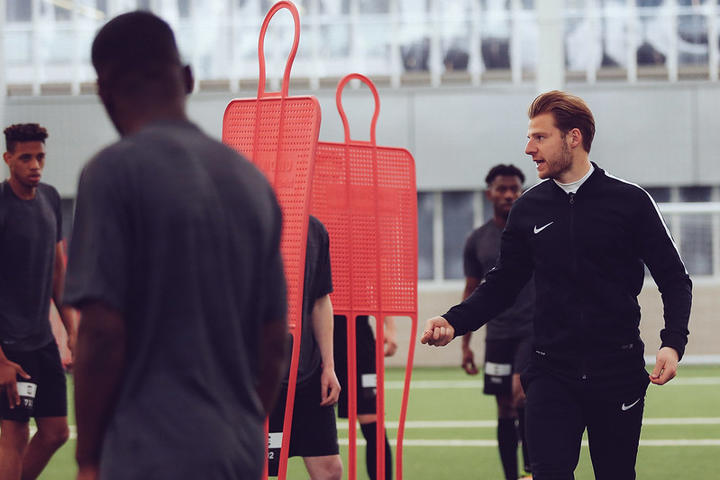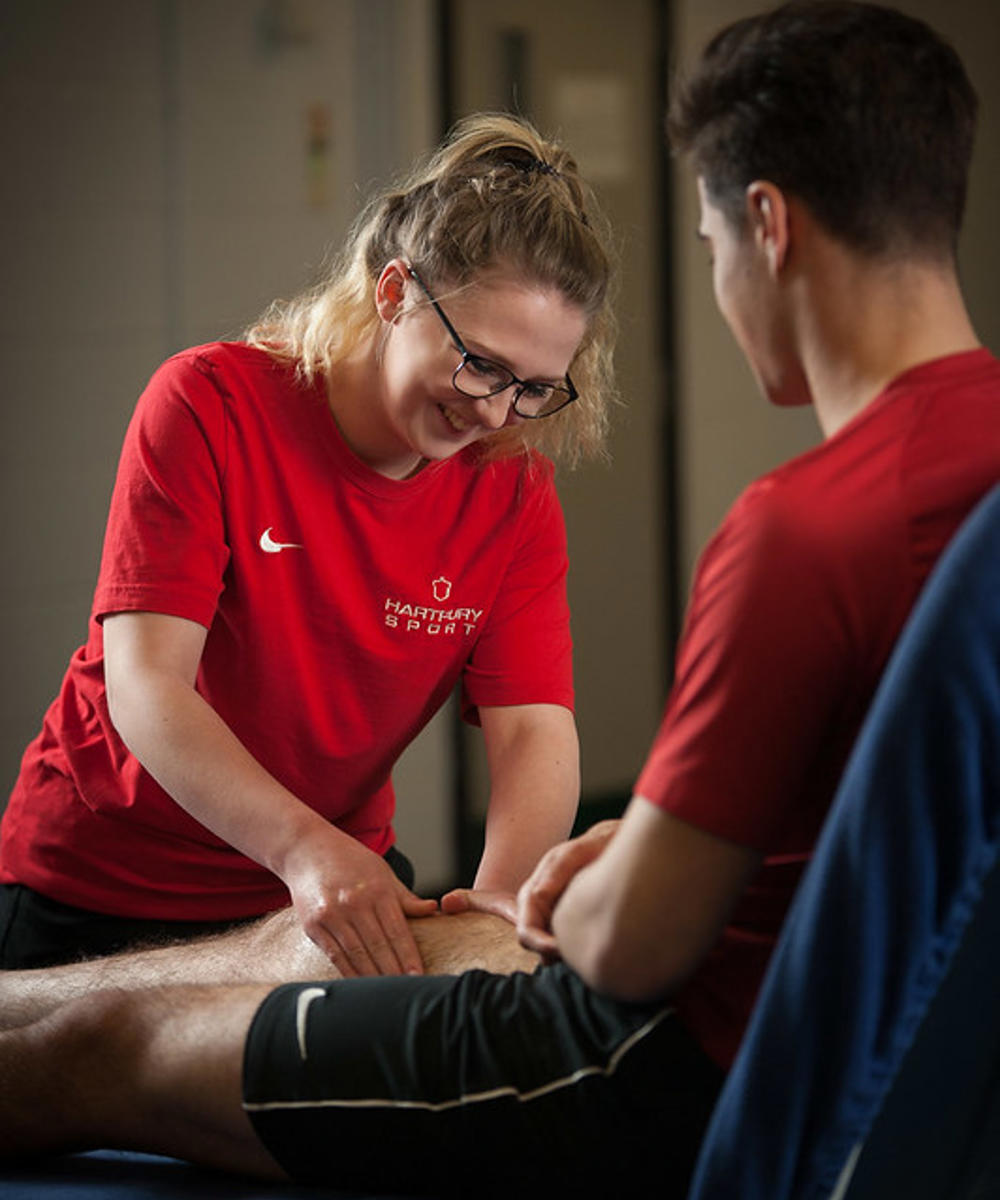You’ll complete over 140 hours of industry experience, to ensure you’re ready for your next step. You could help out one of our performance sports teams, or alongside one of our many external sporting partners. This will give you insights into different career pathways as well as valuable experience for your CV.
The course will encourage you to think creatively, solve problems, and examine new concepts in the world of performance sport. You’ll learn with industry-standard facilities and have opportunities to work with athletes and teams from our Sports Academies.
On completion of the degree you should be ready to move into employment or top-up your qualification to a full BSc (Hons) degree, by progressing onto one of our one-year level 6 programmes.
- A-Level | Typical offer is CC-CDD or equivalent. This must include a minimum of two A Levels.
- Vocational Award | Typical offer is a MPP-MMP in an Extended Diploma in a relevant subject.
- Access | Typical offer is 64-80 UCAS tariff points in an Access to Higher Education Diploma.
- IB | Typical offer is 64-80 UCAS tariff points in an IB Diploma, to include a minimum of one Higher at H3 or above.
This must also include Maths and English Language at a minimum of Standard Level S3 if equivalent GCSEs have not been obtained.
- Scottish Highers | Typical offer is 64-80 UCAS tariff points in Scottish Highers. This must include a minimum of one Advanced Higher and one Higher.
- Irish leaving Certificate | Typical offer is 64-80 UCAS tariff points in the Irish Leaving Certificate. This must include a minimum of one Higher. This must also include Maths and English Language at a minimum of Ordinary Level.
- OCR Cambridge Technical | Typical offer is a MPP-MMP in a Cambridge Technical Extended Diploma in a relevant subject.
- T Level | Typical offer is Pass in your T Level overall grade in a relevant subject.
We welcome students with equivalent qualifications. Please contact us to discuss.
We may interview mature applicants and those with non-traditional qualifications to ensure this is the right course for you.
Previous learning towards a university-level qualification or relevant work experience may count as credit for this course.
Please contact us for further information.
Email us
Your support network
You'll benefit from a strong support network from day one to be the best you can be. This will range from your personal tutor and specialist academic support team (our Achievement and Success Centre) to dedicated wellbeing and employability (Innovation, Careers and Enterprise) centres.
Academic support
You’ll have your own personal tutor while you’re here who will support you to succeed in your studies. You’ll also have access to our academic and wellbeing support teams who run regular workshops and one-to-one sessions on campus and online.
Alongside this, we have a comprehensive bank of online study skills resources to help you make the most of your qualification.
Your learning experiences
You'll experience a range of teaching methods to strengthen your digestion of topics, including lectures, workshops and practical sessions, as well as supported work placement learning as part of many courses.
Your career
Each year of your course will be made up of two semesters, within which you’ll study compulsory and optional modules on different industry-focused topics, enabling you to develop your own unique portfolio of knowledge, skills and experience, ready for your career. The course is taught in English.

